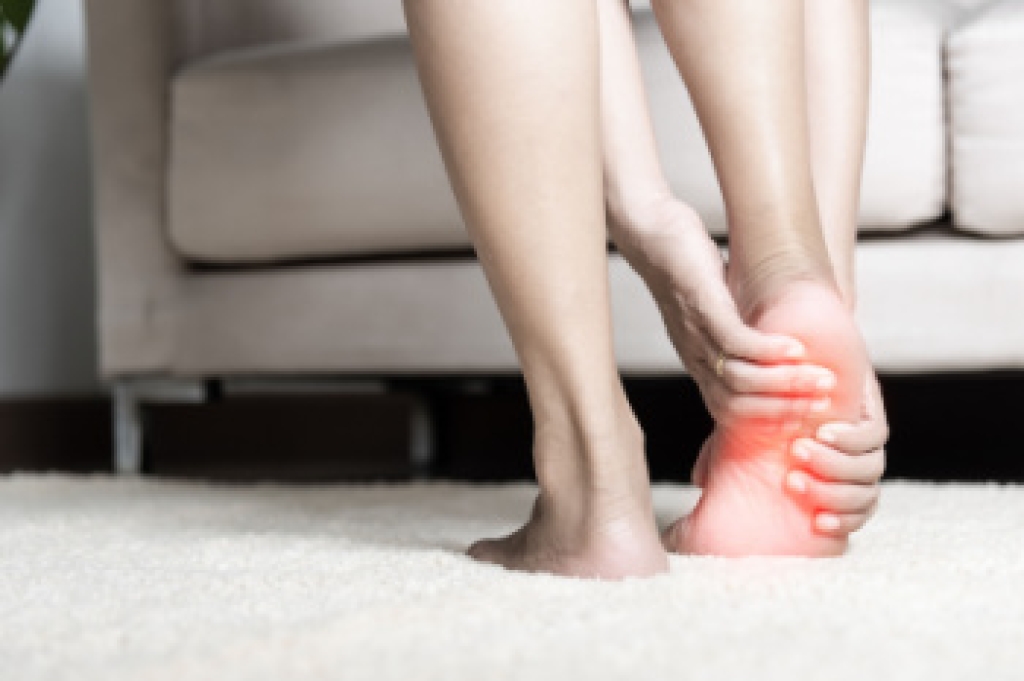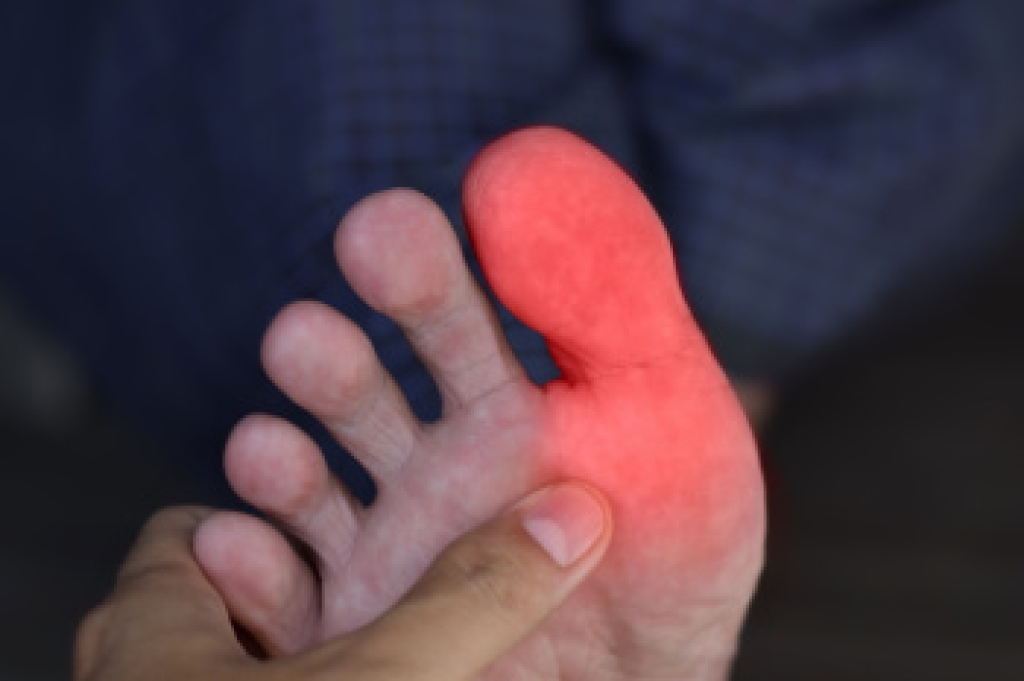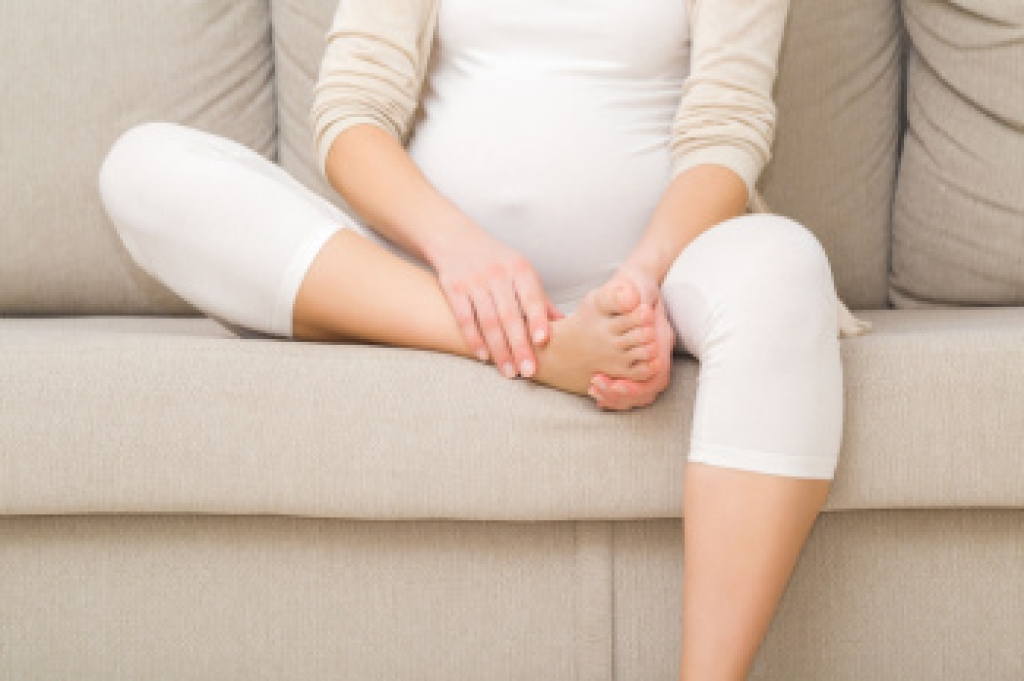
A bruised heel, also known as a heel contusion, occurs when the heel experiences trauma or impact, leading to damage of the soft tissues and blood vessels. This condition often results from activities that involve jumping, running, or walking on hard surfaces. Symptoms typically include localized pain, swelling, and tenderness on the heel. The area may also appear discolored due to internal bleeding. The pain is usually sharp and may worsen with pressure or movement. Relief for a bruised heel involves rest to avoid aggravating the injury, and performing gentle stretching exercises to promote healing. Pain relief medication can help manage discomfort. If symptoms persist or worsen, it is suggested you schedule an appointment with a podiatrist for a thorough evaluation, and to rule out more serious injuries.
Many people suffer from bouts of heel pain. For more information, contact one of our podiatrists of Associates in Podiatry, PC. Our doctors can provide the care you need to keep you pain-free and on your feet.
Causes of Heel Pain
Heel pain is often associated with plantar fasciitis. The plantar fascia is a band of tissues that extends along the bottom of the foot. A rip or tear in this ligament can cause inflammation of the tissue.
Achilles tendonitis is another cause of heel pain. Inflammation of the Achilles tendon will cause pain from fractures and muscle tearing. Lack of flexibility is also another symptom.
Heel spurs are another cause of pain. When the tissues of the plantar fascia undergo a great deal of stress, it can lead to ligament separation from the heel bone, causing heel spurs.
Why Might Heel Pain Occur?
- Wearing ill-fitting shoes
- Wearing non-supportive shoes
- Weight change
- Excessive running
Treatments
Heel pain should be treated as soon as possible for immediate results. Keeping your feet in a stress-free environment will help. If you suffer from Achilles tendonitis or plantar fasciitis, applying ice will reduce the swelling. Stretching before an exercise like running will help the muscles. Using all these tips will help make heel pain a condition of the past.
If you have any questions, please feel free to contact our offices located in Pittsburgh-South Hills, and Pittsburgh-Bellevue, PA . We offer the newest diagnostic and treatment technologies for all your foot care needs.




